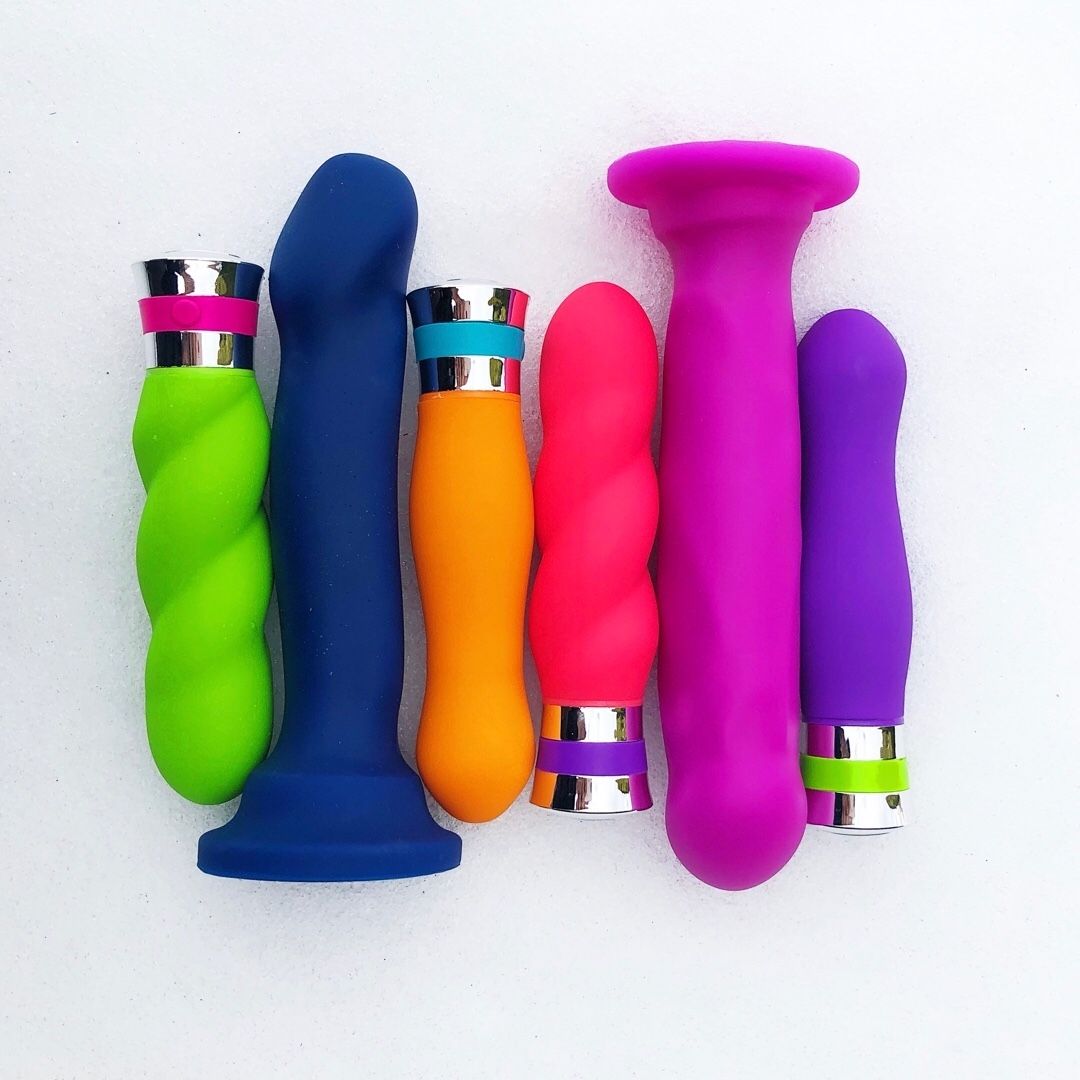Blog
Self Compassion, Let’s Get It Back In Fashion
Recent research suggests “selfies” can be a bit self-destructive. But instead of cutting out the iconic social media behavior altogether (because honestly, who is going to do that?), learn to also practice self-compassion. Disclaimer: It might have a steeper learning curve than using a selfie stick.
What Is Self-Objectification?
We live in a society where girls and women’s bodies are under constant scrutiny and evaluation by others; a society wherein from a very early age, girls consistently receive societal messages that their appearance and their body plays a fundamental role in determining their worth and value as a person. A direct consequence of this objectification culture is that girls and women internalize these messages, and consequently start to experience their own bodies as objects and view their physical appearance from a third-person perspective.
This process is called self-objectification, and it manifests most commonly in body surveillance, which is habitual body checking and monitoring from the perspective of an observer. Self-objectification has been studied extensively with a focus on its maladaptive effects upon female mental health. According to PhD researcher Caroline Heldman, the average woman engages in body monitoring every thirty seconds. In her 2013 TED Talk she explores the various detrimental effects of female objectification, including: concerns about body image, body shaming and eating disorders; depression and depressed cognitive functioning; sexual dysfunction; lowered self-esteem and confidence; lowered political efficacy and academic achievements; and decreased ability to connect and build rapport with other women.
Why – Or Rather When – Do We Objectify Ourselves?
Recently several research reports from around the world have explored the impact of the virtual and non-virtual worlds on self-objectification in young women.
As part of a 2015 study conducted at the University of Nebraska, researchers recruited 501 female undergraduates and examined the impact of stranger harassment (such as cat calling, staring, whistling and sexual pressure) through the lens of objectification theory. They found significantly high associations between verbal stranger harassment, sexual pressure, body checking and objectifying other women. Body checking was found to be a mediator such that a woman’s experiences of being harassed by strangers was likely to result in self-objectification, which then was likely to result in objectifying others.
An Australian study involving 150 emerging adult female participants who were either students or staff at Sydney University, revealed that media use can also lead to self-objectification through female comparisons of appearance. The researchers found that reading magazines tended to be associated with appearance comparisons and self-objectification. This study also showed that young women who actively use Facebook make comparisons between themselves and their female peers and consequently perceive and present (via posts of selfies) themselves as objects. The researchers noted in their discussion that women’s self -comparisons on Facebook may result in higher levels of self-objectification because women are viewing the images of themselves as a literal observer. Moreover, by observing previous images of themselves, women might focus more on particular parts of their body which further contributes to objectification of the self.
At this point you may be thinking to yourself: How can a gal catch a break if the experiences that cause her to dehumanize and judge herself are as common as comments or leers from strangers, looking at a magazine, or checking her Fb feed?
…So How Can We Protect Ourselves…From Ourselves?
The good news is brought to you by researchers at the University of Washington. As part of their study, these researchers recruited 306 women of college age and retained 210 with the highest and lowest levels of self-compassion for analyses, with the aim to measure the association between self-compassion and the maladaptive mental health consequences of self-objectification (e.g., depression, negative eating attitudes, body surveillance and body shame). The authors first noted that depression, negative eating attitudes, body surveillance and body shame were all lower among women who had high self-compassion. With further statistical analyses they established that the connections between self-objectification and negative eating and body attitudes were weaker among women who were high in self-compassion. In other words, women with a high level of self-compassion have less body shame and body surveillance and lower levels of depression and negative attitudes toward eating.
While researchers at the University of New South Wales recommended uploading less selfies and disassociating with friends who are avid selfie posters, the University of Washington offered a more Zen-like approach to their research findings, recommending that clinical treatment for self-objectification processes among women should be focused on cultivating self-compassion (self-acceptance and treating oneself with empathy and non-judgement) in order to act as an inoculation, protecting women against the alarming effects of internalized objectification processes.
According to the authors of the 2015 study from Washington University, it is not difficult to implement effective self-compassion interventions. They noted that previous research demonstrates that even without formal therapy, individuals can learn to build up their levels of self-compassion through practices that teach and facilitate compassion, kindness and affection toward the self, such as meditation inductions and simple instruction to be kind to oneself.
For example, in a 2014 study researchers randomly assigned women into a meditation group or a control group and revealed that participants who were given self-compassion focused meditation podcasts had less body shame and dissatisfaction than the control group. An older study from 2007 revealed that when provided with self-compassion training, highly restrictive eaters experienced lower levels of guilt after being told to eat foods that were unhealthy.
The Takeaway
In a culture wherein women are surrounded by images of other women being objectified, and 96% of us have experienced street harassment in some shape or form (and usually before we reach our 18th birthday), these findings offer significant and encouraging clinical implications for use of self-compassion as a treatment to block the maladaptive process of self-objectification before negative effects such as body surveillance, depression and unhealthy eating attitudes arise.









